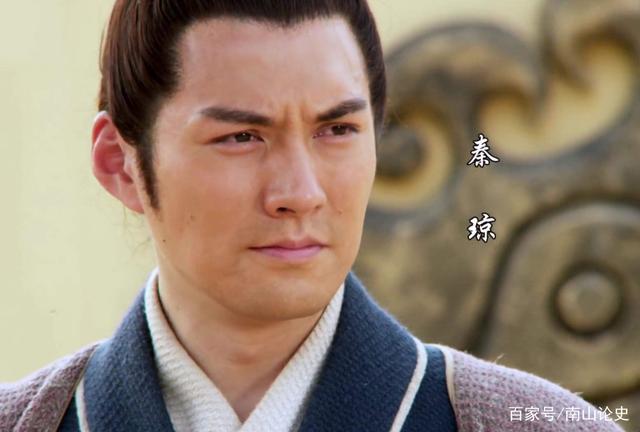When we talk about Wang Wei today, the first thing that comes to mind is his reverence for Buddhism and his reputation as a poetic Buddha. When Wang Wei was around 40 years old, he left the capital and went into seclusion in the mountains, for a total of about 20 years.

The poems that he is revered as the Poet Buddha were basically completed within these 20 years. Among them are the insights he gained from studying Buddhism, as well as the depiction of mountain and forest scenery in poetry and painting. The open-minded and composed life state and realm revealed between the lines is the most important wealth he left for future generations, and also what we aspire to today.
Today’s Tang poem can be regarded as Wang Wei’s most Buddhist style Tang poem, with each line full of whimsical and unrestrained thoughts.
Middle age is quite good, late home is in the southern border.

Success comes and goes alone, knowing the emptiness of the situation.
When you reach the end of the water, sit and watch the clouds rise.
By chance, Lin Sou was chatting and laughing without a deadline.
This is Wang Wei’s “Farewell to the South” from the Tang Dynasty. This ancient poem is Wang Wei’s representative work and has a very wide circulation. The most classic poem among them is undoubtedly ‘When I reach the end of the water, I sit and watch the clouds rise’, and I have already reached the state of transformation by following my will. Even if you search for its endpoint along the mountain spring and have no way out, you can still sit down and watch the clouds roll and relax in the sky.
The reason why this ancient poem is Wang Wei’s most Buddhist style poem is because everything is full of capriciousness and free will. At the age of middle age, it’s quite good to practice Buddhism, but at night, it’s on the southern outskirts of the mountains. “After reaching middle age, Wang Wei became very inclined to devote himself to practicing and studying Buddhism, which was originally nothing.
But Wang Wei was very stubborn and moved directly to the mountain for cultivation, living a semi official and semi reclusive life. This kind of magnanimity, this composure, this kind of free will, probably not many people can do it today.
The following lines of poetry further highlight his freedom and capriciousness, ‘When he is in the mood, he goes alone, knowing that he is better than others.’ Whenever he is in the mood, he goes alone, to see the flowers blooming in the forest, to see the waterfalls formed after the rain, shuttling freely without anyone stopping him. Who wouldn’t yearn for such a comfortable living environment today?
The following line of poetry is more Buddhist in style: ‘When you reach the end of the water, sit and watch the clouds rise.’ Even if you go to the mountains to see the spring water and come to a place where there is no way out, you don’t panic or worry. Slowly sit down and let your heart return to peace. Even being able to calmly observe the rolling clouds in the sky is truly reaching a state of enlightenment.
The final ‘endless talk and laughter’ further reveals this state of freedom in life, which is also the state of the Buddha lineage. Encountering fellow villagers in the mountains and forests, even forgetting time when talking to them, isn’t that what a truly free life is like? So slow paced, so comfortable, no matter what you do, you can reach the realm of being willful.
This kind of poetry, this kind of life realm, whether it is called Buddhist style or willful, is truly admirable.



